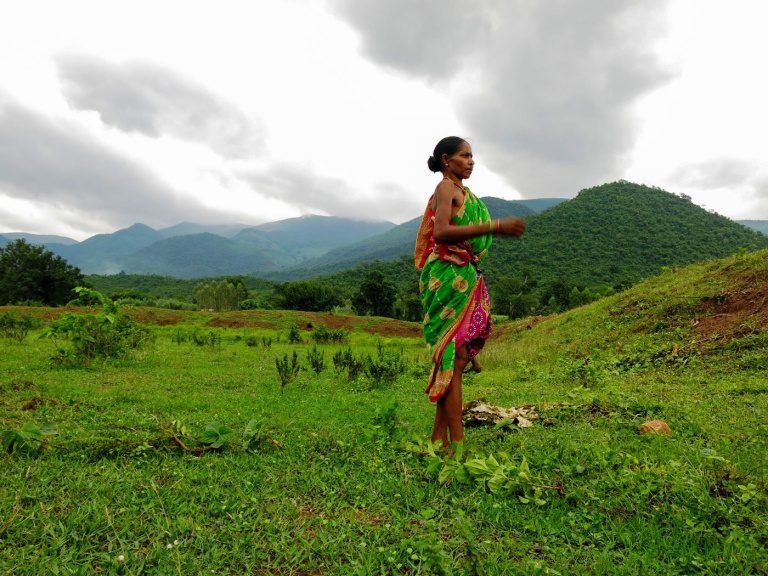Saturday Sessions

Still from Seed Stories (2024).
11 AM–1 PM
Seed Exchange
Join us for a community seed exchange in conversation with Medina Triennial artist-in-residence Mary Mattingly, who is building Floating Garden (2026) in the Erie Canal Basin this fall with community members.
This farmer’s market gathering at 127 West Center Street connects food sovereignty with shared stewardship, emphasizing how seed saving nurtures biodiversity and preserves cultural memory. Participants are invited to bring heirloom and other seeds to share, take seeds home, and contribute varieties that will be planted on Floating Garden.
2–4 PM
Community Planting on Floating Garden
Join us on the Erie Canal behind the Medina Triennial Hub for a hands-on planting day aboard Floating Garden. Together with the Triennial team, community members will help establish a living ecosystem on the barge, contributing to a shared artwork. Please bring hand tools and gloves and come ready to dig in and take part in creating a garden that will grow throughout the Triennial.
4–5 PM
Screening: Seed Stories
The Medina Triennial Hub will screen Chitrangada Choudhury’s extraordinary film Seed Stories (42 minutes, 2024). This film explores how traditional farming knowledge and biodiversity are being challenged by the rapid spread of industrial agriculture.
In a village in the Niyamgiri mountains of the Eastern Ghats in Odisha, eastern India, a heroic effort is underway: barefoot ecologist Dr. Debal Deb and his team are conserving over 1,000 endangered heirloom varieties of rice in-situ, the world’s largest project of its kind. Odisha’s Eastern Ghats region is one of the world’s surviving biodiversity hotspots, with farmers and shifting cultivators, particularly from Indigenous communities like the Kondhs possessing the knowledge of growing multiple crops with their own seeds, evolved over centuries. But the village and the wider region is irreversibly changing with the coming of genetically modified Bt and herbicide-tolerant cotton seeds and associated agrochemicals like glyphosate.
Seed Stories takes a worm’s eye view of how the swift expansion of a chemical-intensive cotton monoculture is reshaping a geography and a people steeped in agro-ecological knowledge, and altering their attitudes towards farming, food and ecology. It invites audiences to reflect on the question, ‘What is sustainability?’
